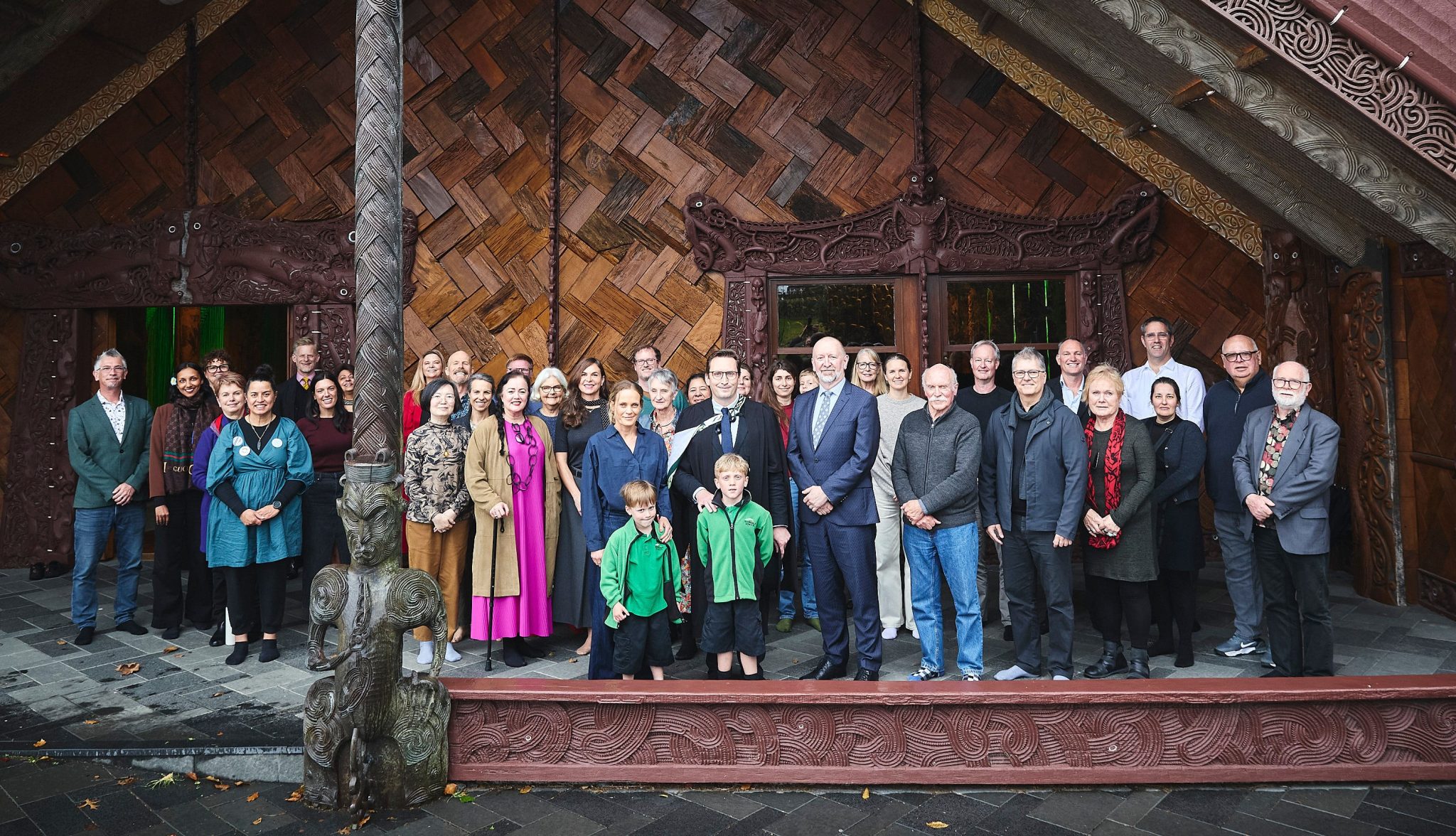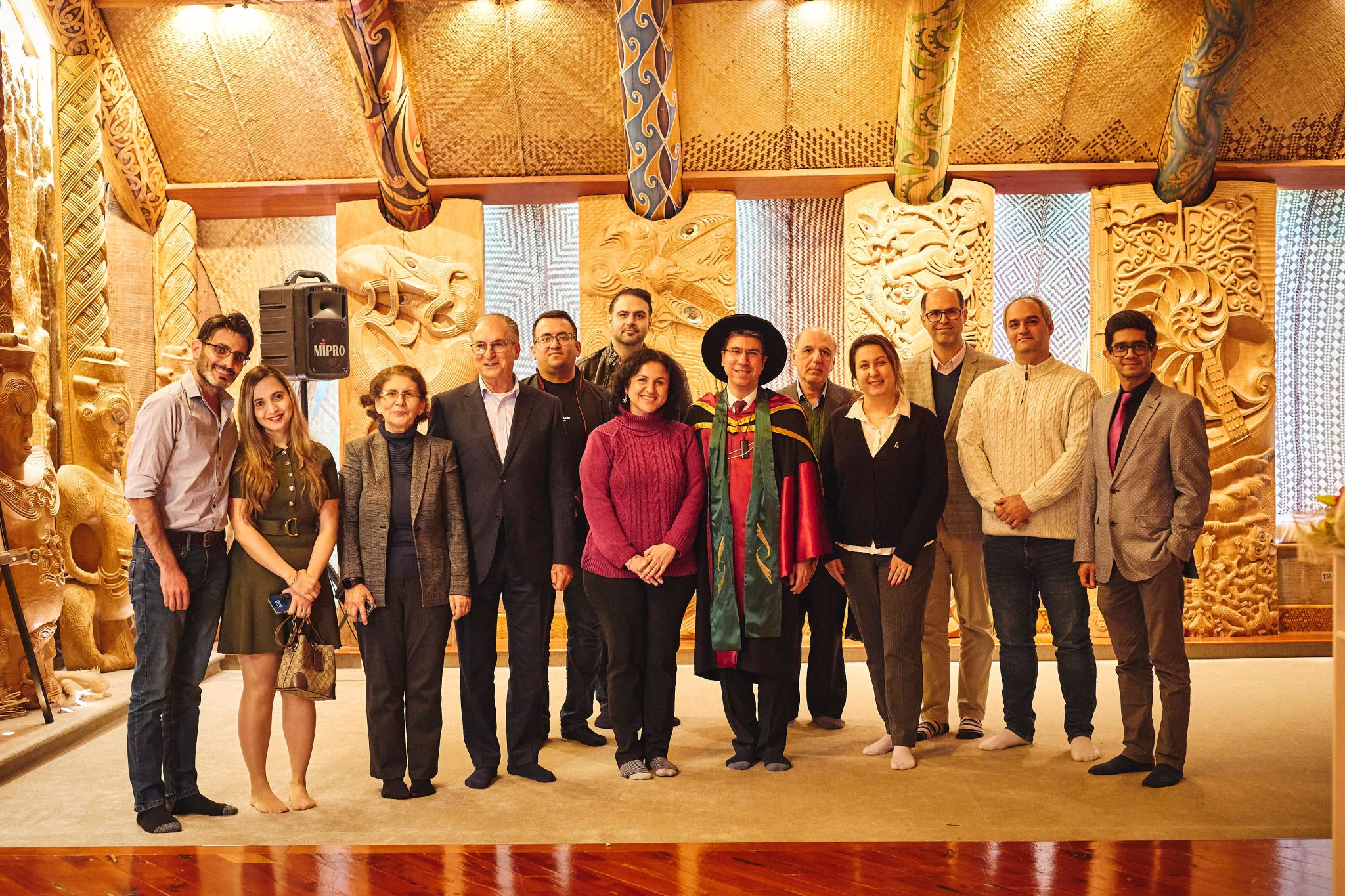Guest post by Dr Samantha Heath
Dr Suzy Hodgson is a Lecturer in Healthcare at Unitec’s School of Healthcare and Social Practice. For the past 15 years, her research has been focused on the needs of fathers during their transition to fatherhood. As a Health Visitor in England she observed the phenomenon where dads would often excuse themselves during an in-home post-natal consultation. She wondered why dads felt they weren’t essential to the conversation and whether the structure of service provision was geared to meet their needs. She smiles as she remembers early attempts to provide dads with an opportunity to access healthcare resources – it was in a dads’ group at the local children’s centre on Saturday mornings, replete with bacon sandwiches. She acknowledges that this honourable intention simply missed the mark, and underscored that dads’ needs remained unmet and, moreover, were overshadowed by attention and concern for their partners. Service design favoured women. Suzy found the same issue in the academic literature, where discourse was mum oriented. In the absence of any priority being attached to the needs of fathers, she explored the impact of becoming a father on men’s mental health.
A lack of personal agency within the process, and in some cases having to deal with traumatic events and the after care of their partner and/or baby, leaves some men vulnerable to postnatal depression. It is important to recognise that fathers can also experience post-traumatic stress disorder (PTSD). To mitigate this situation, fathers wanted to be involved, informed and included in discussions and decision-making during the perinatal period. Suzy points out that there are several easily adopted practices that could help. Speaking to fathers directly, asking them how they are, ascertaining their opinions, and finding ways for them to be able to stay overnight in hospital and support their partners are just some of these. However, she believes that father-inclusive practices are imperative to future service development. As she says, “We know that engaged and involved fathers have a huge impact on the life course of their children. Having a parent with poor mental health is an adverse childhood experience, so anything we can do to support men’s health and fathers’ health will support a child’s life course from a wellbeing perspective.”
At the moment, Suzy is reaching out to perinatal mental-health practitioners to look more closely at what is currently delivered to support new fathers in Aotearoa New Zealand. She is hoping to collaborate on interprofessional perinatal mental-health education for practitioners, replicating something she did successfully with colleagues in the UK. Suzy also wants to put together a cultural and men’s health expert panel to guide any future research in this area to ensure both cultural safety and positive men’s health approaches.
JOURNAL ARTICLE
Hodgson, S., Painter, J., Kilby, L., & Hirst, J. (2021). The experiences of first-time fathers in perinatal services: Present but invisible. Healthcare, 9(2), e161, https://doi.org/10.3390/healthcare9020161
PUBLISHED THESIS
Hodgson, S. (2021). Transitions to fatherhood: A constructivist grounded theory study [PhD thesis]. Sheffield Hallam University (UK). https://www.proquest.com/openview/cbff65cdbcb89955cd2a86513e178122/1?pq-origsite=gscholar&cbl=51922&diss=y




